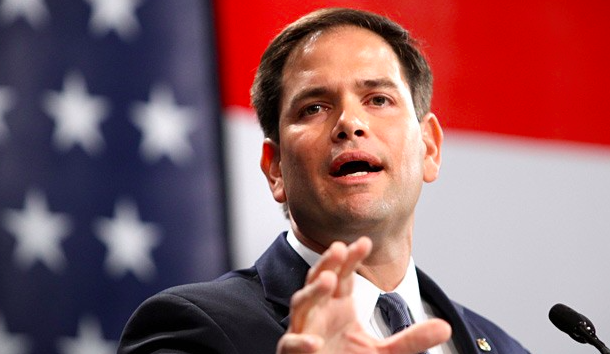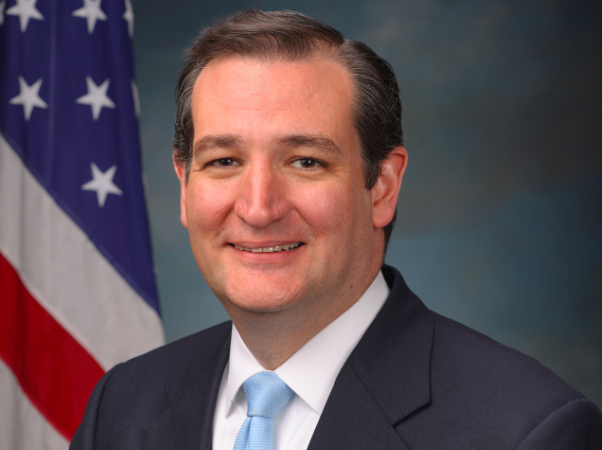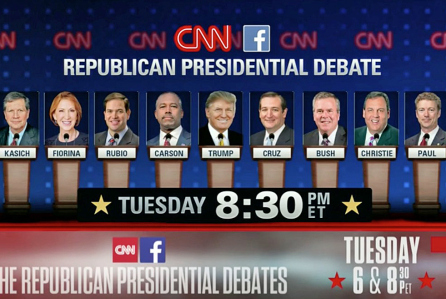Marco Rubio is gaining some respect in his presidential bid…
The 44-year-old Cuban American politician, the junior U.S. Senator from Florida, has emerged as the real winner of the first debate among 10 of the 17 candidates for the 2016 Republican presidential nomination despite the show put on by business tycoon Donald Trump.

The nation’s leading media and analysts unanimously gave the win to Rubio – he managed to present himself as the new blood the party needs to inspire voters and defeat the Democratic favorite, Hillary Clinton.
Rubio jumped into the national arena as a senator in 2010, and two years later made a name for himself with his nominating speech for Mitt Romney at the 2012 Republican National Convention.
Nonetheless, Rubio came into the debate as seventh in the polls, far below the big favorites – Trump, former Florida Governor Jeb Bush and Wisconsin Governor Scott Walker.
The latter two disappointed in a debate where they were supposed to look “presidential” in contrast to the buffoonery of Trump, whose outrageous remarks have been the big news of the campaign over the past six weeks.
They committed no real gaffes, but neither Bush nor Walker excited the crowd, while Kentucky Senator Rand Paul and New Jersey Governor Chris Christie engaged in a heated argument about government spying, and Ohio Governor John Kasich had a good night in front of a supportive audience in Cleveland.
Neurosurgeon Ben Carson and Texas Senator Ted Cruz were the invisible men on a night when, except for a few out-of-line remarks, former Arkansas Governor Mike Huckabee also went unnoticed though he came into the debate fourth in the polls.
“Natural talent tends to shine through in big moments when the bright lights turn on. The senator from Florida, who had dipped in polls after a bump in the wake of his announcement, was terrific on Thursday night,” the Washington Post said Friday.
Rubio, without getting theatrical, managed to sell better than any other candidate his “American dream” – he has built an admirable political career despite being the son of a waiter and a housekeeper who left Cuba before the 1959 revolution.
“If I’m our nominee, how is Hillary Clinton gonna lecture me about living paycheck to paycheck? I was raised paycheck to paycheck,” he said.
“How is she – how is she gonna lecture me – how is she gonna lecture me about student loans? I owed over $100,000 just four years ago. If I’m our nominee, we will be the party of the future,” Rubio said.
Besides shaking up the list of favorites, the debate also served to show that Republicans remain very much on the right, which makes life difficult for the most moderate of them, Jeb Bush, and distances them from voting groups that are key to regaining the White House after its eight years as home to a Democrat.
“Overall, however, the debate did little to expand the appeal of the Republican brand. With the exception of Bush’s advocacy of immigration reform, the candidates offered little that would make their party more palatable to the portions of the electorate – especially women, young adults, and minorities – where they have struggled in recent presidential elections,” said William A. Galston, senior fellow in governance studies at the Brookings Institution and former advisor to ex-President Bill Clinton.
“The party’s eventual nominee will have to do more to convince persuadable voters that Republicans stand for more than the sentiments of their aging, mostly white, mainly male, and highly disgruntled base,” the political analyst said.



